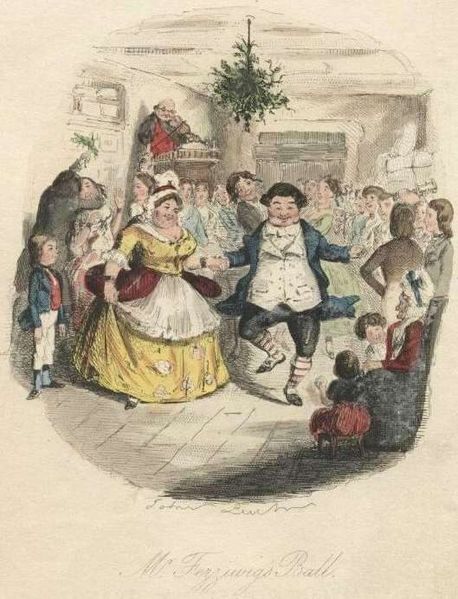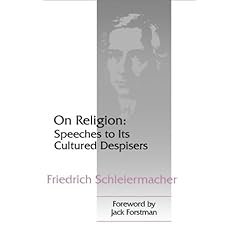India is place of ancient things such as the most ancient sacred text, e.g. the Vedas. It is also a place of ancient people. A people seemingly stuck in a time of animism and worship of the created things. Sadly their worship does not extend to their actual Creator.
Christian influence in India has been profound. “It is widely believed that St. Thomas, the disciple of Jesus, first introduced the Christian faith to India nearly two thousand years ago.” Indeed, Christians in the city of Malabar “claim their church was “founded by the apostle Thomas.” They also suggest that Christianity was “certainly present in India by 300s.” It would be much later when European Christians would be instrumental in bringing significant growth of Christianity in India. This form of Christianity, which is primarily Western, was preceded by believers living in Portugal around 1498.
It is known that Gregory XIII (1502-1585) encouraged early missionizing of India. Gregory and a subsequent Catholic missionary to India—Francis Xavier (1506-1552)—were both believers in the Inquisition. Xavier landed in Goa, India in 1542. Goa is the smallest state in India in terms of both population and topography. Like most in his time, he saw the indigenous population as “rif-raff” and in sore need of Catholic indoctrination. Xavier was responsible for Jesuit mission work in 1540’s and also later in Madura. It has been estimated that Xavier and other Catholic missionaries won 150,000 converts by 1700. The influence of the Catholic Church however is longstanding and far reaching even today.
William Carey and Alexander Duff:
A Lutheran mission was established by 1706 and perhaps had a population of 20-40,000 believers. The highly impacting efforts of later Protestants would prove most successful in many regards (e.g. education, grammar, literature, medicine). This success was spawned in part by William Carey and Alexander Duff.
Carey’s influence, since his arrival in 1793, was very successful. He succeeded in having sati abolished from much of India. In 1992, Christian History, recorded some interesting statistics about Christianity during his time and just prior.
When Carey arrived he landed in Calcutta. From there he soon moves further inland. To preserve finances, he lives for three months in a “huge area of jungle, swamps, and rivers, to cultivate some rent-free land; begins building bamboo hut.”
Industrializing and education was a severe need in India at this time. One of the most influential achievements, while in Serampore, was when missionaries from England join Carey, andestablish a mission and printing press.
Alexander Duff (1806-1878), a Scottish Missionary, saw the cultural primitiveness of the Indians and “introduced British-style higher education” by the 1830’s. Duff envisioned and implemented a new approach to learning for the indigenous population. Although, he saw the negatives of Indian culture he simultaneously saw its potential.
Duff was a minister with the Established Church of Scotland in India. He quickly opend a school in Calcutta in 1830. His school would become a prominent center for education in India. In 1843 he joined the Free Church of Scotland and lost all of his Indian missionary property. During his last stay (1856-1865)in India he laid the foundation for the University of Calcutta (see picture).
Since 1855:
Starting in 1855, Protestant groups began to work together and unify. After a series of conferences in 1908 the South India United Church ( Presbyterian and Congregational) was formed. Later, in 1947 India experienced a further evolving into the formation of the Church of South India.
By the late 1900’s Christianity had taken a large role in the language and education of Indian people. In 1997, India Today reported the top ten colleges in India. Fifty percent of them were Christian. Using a 1991 a census, there is over 23 million Christian in India. These numbers seem positive but are actually nearly insignificant when we consider it is only 2.3 percent of the total Indian population. Some Christian organizers estimate more like 50 million.
Contemporary Indian Christianity:
In general, much of Christianity has evolved into Hindu Christianity. “Many Hindus are ready to accept the ethical teachings of the Gospels, particularly the Sermon on the Mount (whose influence on Gandhi is well known), but reject the theological superstructure.” The exclusive claims of Christianity are doubted and rejected. In fact, many higher class families in India send their children to high-quality schools that are typically organized by Christians associations or groups.
No matter which statistic we choose Christianity is growing in India. In the city of Delhi there are over 600 hundred churches with services in almost any major language. Bangalore has 970 churches and at least twelve accredited theological education centers. Chennai has a Christian population of 10 percent with more than 2,000 Christian churches scattered about the city.
The largest churches in Chennai however are Pentecostal in theological praxis. The New Life Assembly of God and the Apostolic Christian Assembly average about 23,000 and 15,000 in their Sunday School attendance records.
NOTES:
1. Houghton, Graham. "Christian Impact on India, History of." Encyclopedia of India. Ed. Stanley Wolpert. Vol. 1. Detroit: Charles Scribner's Sons, 2006. 247-252. 4 vols. Gale Virtual Reference Library. Gale. Liberty University. 16 Dec. 2008
2. William Carey's India." Christian History 11.4 (Nov. 1992): 25. Religion and Philosophy Collection. EBSCO. [Library name], [City], [State abbreviation]. 16 Dec. 2008
AN=9604291061&site=ehost-live&scope=site>.
4. India, Pakistan, and Bangladesh, Christianity in" The Concise Oxford Dictionary of the Christian Church. Ed. E. A. Livingstone. Oxford University Press, 2006. Oxford Reference Online. Oxford University Press. Liberty University. 17 December 2008
5. Indian custom of a widow burning herself, either on the funeral pyre of her dead husband or in some other fashion, soon after his death. "suttee." Encyclopædia Britannica. 2008. Encyclopædia Britannica Online. 16 Dec. 2008
6. Zondervan Handbook to the History of Christianity (p. 470). Copyright © 2006 by Jonathan Hill
7. "Hinduism." Encyclopædia Britannica. 2008. Encyclopædia Britannica Online. 16 Dec. 2008






